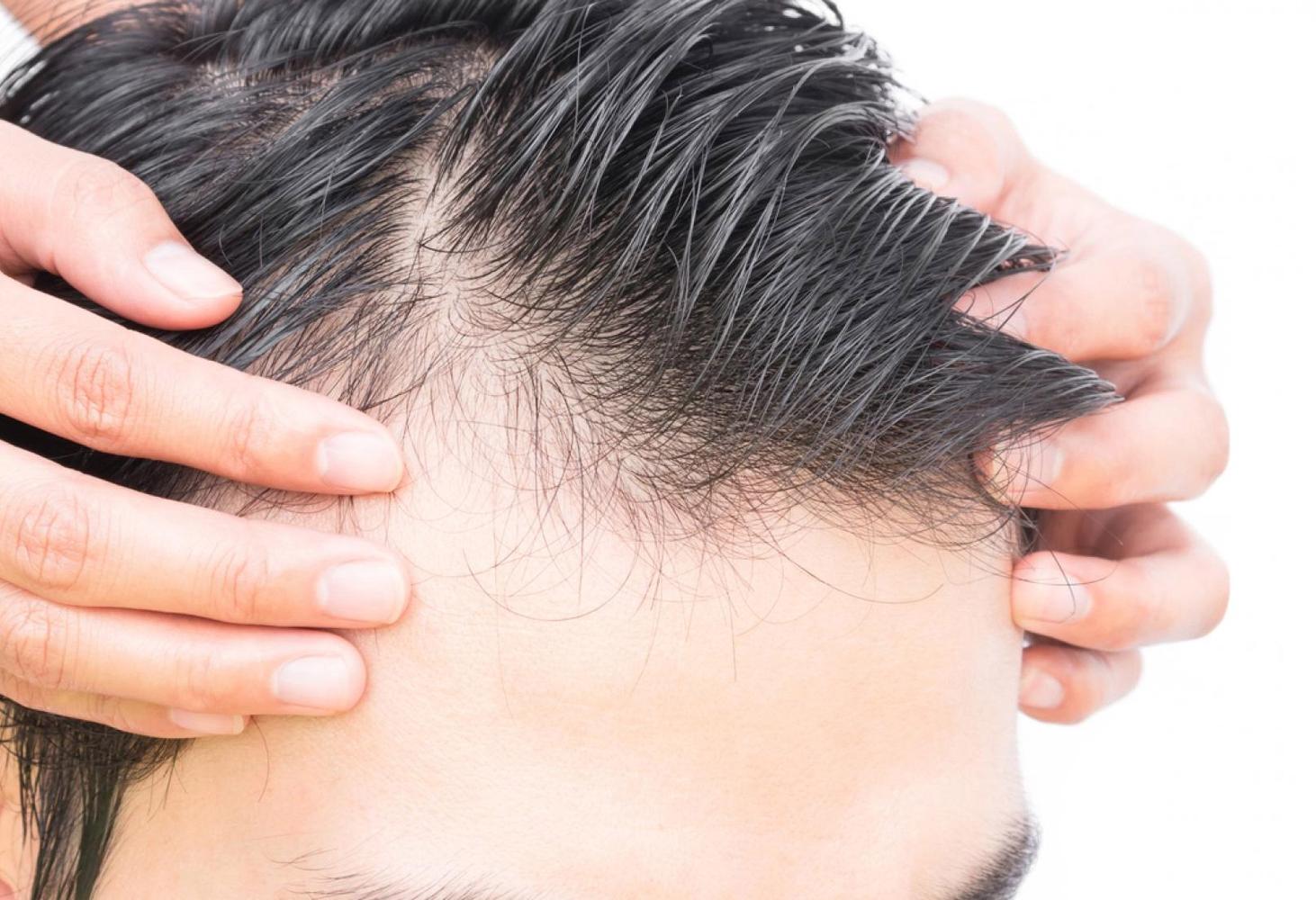Hair loss is outright devastating, but, if you think you are the only one to experience it, you are wrong. Hair loss or hair thinning is perhaps the most common problems that the cosmetic surgeons need to address, and complete cure is possible in majority of the cases. The foremost step is to figure why exactly your tresses are falling out.
Define Alopecia
Although many think hair loss, also known as alopecia, only affects men. But, studies have shown that approximately 65% of women all across the globe also experience noticeable hair loss. Are you not sure if you have alopecia? Look out for the below-mentioned signs:
- Hair thinning – see if your ponytail or braid appears thinner than usual.
- Receding hair line or blurry edges.
- Bald spots that grow in size.
- Wide hair part.
According to the well-known Chevy Chase MD plastic surgeon, it is fine to lose at least a hundred hair strands daily. Anything more than that means excessive shedding. Read on to learn a few causes you may be shedding a lot of hair, and nearing alopecia.
- Age
Almost all people notice hair loss when they grow old. The cells present in the human body develop and die all the time. But, as we age, the cells die faster than they can regenerate. This is exactly why our bones become fragile and our skin wrinkly.
When you are no longer young, your scalp unfortunately produces less oil, which makes the hair dry and brittle, thus, quite prone to breakage. This contributes to hair loss as well as thinning.
- Hormonal Changes
People having conditions such as CAH (congenital adrenal hyperplasia) and PCOS (polycystic ovarian syndrome) have higher than normal androgen levels, which may cause female pattern hair loss. If your hair is thin and if you have acne, irregular menstruation, and excess body or facial hair, you must ask your doctor to evaluate your hormone levels.
A few more things that can dramatically change hormonal levels such as pregnancy, childbirth, hypothyroidism, menopause, etc. can also impact the growth of the hair. Thankfully, in many of these cases, you can reverse or slow down hair loss with the correct treatment.
- Genetics
The experts performing hair transplant Rockville MD said the most common form of hair loss is called androgenetic alopecia, and it is related to hereditary. This is severe since the loss starts at a young age and progresses over time.
You surely have heard that such hair loss is inherited generally from the maternal side, but, several researchers have found out that many other genes can determine how likely you are to have androgenetic alopecia. One gene may change the way the hair follicles to react to the androgens.
- Stress
Did you notice your hair falling out suddenly in huge amounts? Have you seen loose hair strands on the floor, on pillow, on clothes, and trapped in the shower drain? The hair seems to come off so easily that you are scared to brush it. Well this is called telogen effluvium, and happens because of stress.
Doctors said that excess hair shedding may begin two to three months post a traumatic incident such as losing someone close, diagnosed with a serious condition, going through a surgical procedure, etc., and peaks about five to six months later. Your body gradually adjusts and the hair stops falling. Within a year, things may go back to normal.
In case you are suffering from hair loss, please do not panic. Visit a board-certified medical practitioner. It is best to not waste time trying the home remedies and consuming hair supplements since they may/may not be effective. While topical Minoxidil together with cortisone injections does work, at times, hair transplant seems like the only option.



